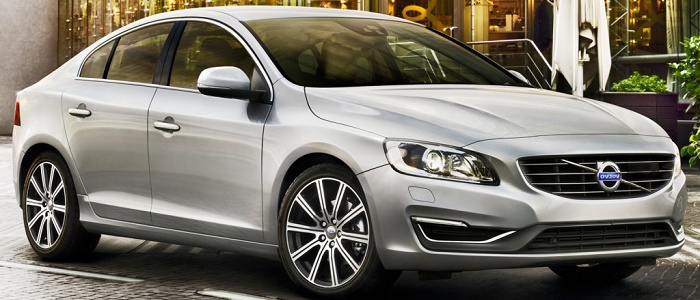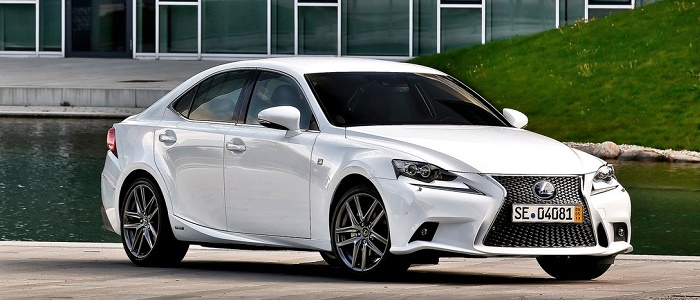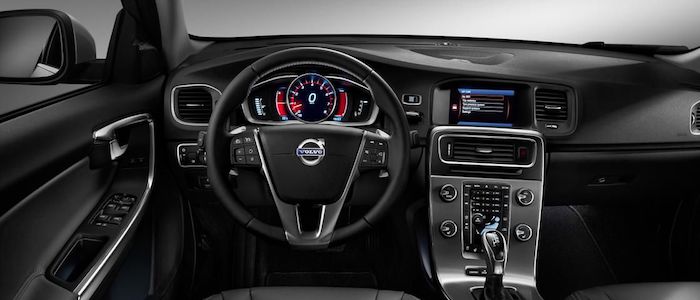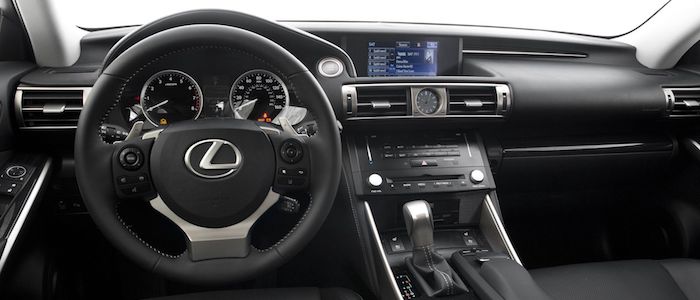Compare two cars
Compare any two cars and get our Virtual Adviser™ opinion
Dimensons & Outlines
Check a car with 30% off a report
Engine
Performance (manual gearbox)
Performance (automatic gearbox)
Expenses
Virtual Adviser's™ opinion
Two significantly similar cars, no doubt about that. Still, each one has something different to offer. Having both cars powered by petrol engines and utilizing the 4-door sedan body style within the same 'Large family car' segment, the only major difference here really is their wheel drive configuration (4 x 4 for the Volvo and rear in the case of the Lexus). The first one has a Volvo-engineered powertrain under the hood, a 6-cylinder, 24-valves 304hp unit, while the other one gets its power and torque from a 6-cylinder, 24-valves 207hp engine designed by Toyota.
SafetyA starting point here would be to take a look at the results from European New Car Assessment Programme (Euro NCAP) tests which were performed on both of the cars, with the same number of safety stars gained in the process. Moving further on, let's take a closer look at some additional safety-related facts. Both vehicles belong to the large family car segment, which is generally a good thing safety-wise, but it doesn't do much to help us decide between the two. On the other hand, when it comes to weight, a factor that most people underestimate, the Japanese car offers a marginal difference of 5% more metal.
ReliabilityManufacturers have been building their reliability reputation for decades now and, generally speaking, it appears that Lexus does have a slight advantage, all the models observed together. That's the official data, while our visitors describe reliability of Volvo with an average rating of 3.2, and models under the Lexus badge with 4.9 out of 5. Independent research findings rank S60 as average reliability-wise, and IS is more or less at the same level.Above it all, drivers of cars with the same engine as the Swedish car rank it on average as 4.0, while the one under the competitor's bonnet gets 5.0 out of 5.
Performance & Fuel economyVolvo is undoubtly more agile, reaching 100km/h in 2.2 seconds less than its competitor. In addition to that it accelerates all the way to 250 kilometers per hour, 25km/h more than the other car. When it comes to fuel economy the winner has to be the Japanese car, averaging around 8.6 liters of fuel per 100 kilometers (33 mpg), in combined cycle. We can't ignore that 15% difference compared to the Swedish car.
Verdict
Lexus is apparently more reliable, not too much, but just enough. The most important thing when deciding between any two vehicles should always be safety, both passive and active. In my opinion, everything taken into account, the Japanese car offers slightly better overall protection and takes the lead. From there things take a different direction, with Volvo outracing its opponent in any situation possible, making it better choice for boy racers. It does come at a cost though, and that's the fuel consumption... I believe that, when we take all into account, we have only one winner here - the Lexus. Nevertheless, let's not forget that people have different preferences and needs, so what really counts is your personal feel. I'm only here to help. I suggest you spend two more minutes in order to find out which car, based on your needs and budget, would be picked by the virtual adviser™, among more than 12.000 different ones in our database.
































